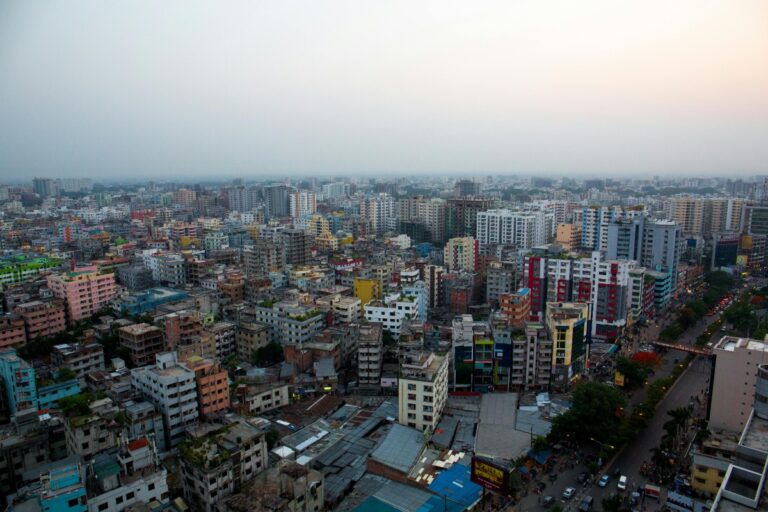The US State Department has raised its travel advisory for Bangladesh, urging Americans to reconsider travel to the South Asian country. The warning comes amid growing civil unrest and police imposing strict curfews.
The country is currently experiencing violent protests over the allocation of civil service jobs, which have resulted in numerous deaths and injuries and have caused unrest across the country.
“Demonstrations and violent clashes continue to be reported in and around Dhaka and across Bangladesh,” the State Department said. It also noted that the volatile security situation could cause disruptions to telecommunications services and delays to routine consular services.
What is behind the student protests in Bangladesh?
The protests, led by student groups, began several weeks ago. The students are against a quota system that would reserve up to 30 percent of government jobs for relatives of veterans who fought in Bangladesh’s 1971 war of independence. The situation escalated dramatically as violence erupted, leaving many dead. ABC News reports that multiple deaths have been reported across the country, with hundreds, possibly thousands, injured.
Bangladeshi authorities responded to the escalating violence by imposing a “shoot on sight” curfew, which was only temporarily relaxed for essential business. Obaidul Quader, secretary general of the ruling Awami League party, said that in extreme cases police could open fire on rioters. The U.S. Embassy in Dhaka described the situation as “highly volatile” and advised U.S. citizens to avoid demonstrations and political rallies, monitor local media for updates, and stay in touch with the State Department.
The unrest has had far-reaching effects. So far, it has been reported that about 800 inmates have escaped from Narsingdi Prison after protesters stormed and set it on fire. Authorities have also banned mobile phone and internet services, blocking online communications. Several television news channels have also gone off the air, and many local newspaper websites are inaccessible. The unrest poses the most significant challenge to Prime Minister Sheikh Hasina’s government since the start of her controversial fourth consecutive term in office following a general election in January that was boycotted by the main opposition group.
The quota system at the heart of the protests has become a contentious issue. Protesters say it is discriminatory and favours supporters of Hasina’s Awami League party. They say instead it should be a meritocratic system. Hasina has defended the quota system, saying it is important to honour the contributions of veterans to the independence movement.


